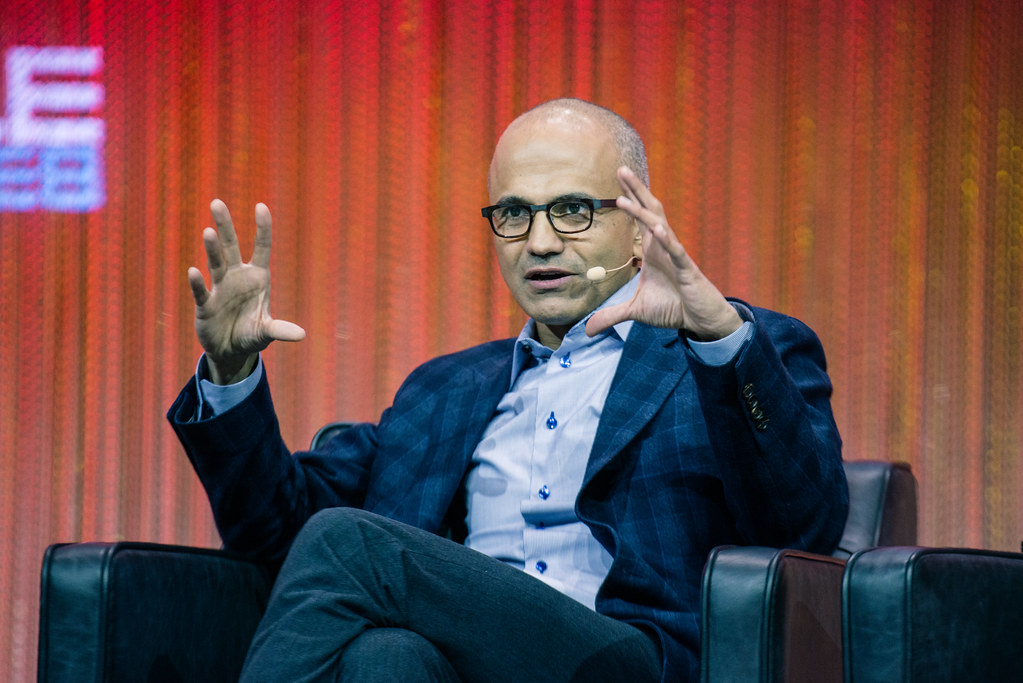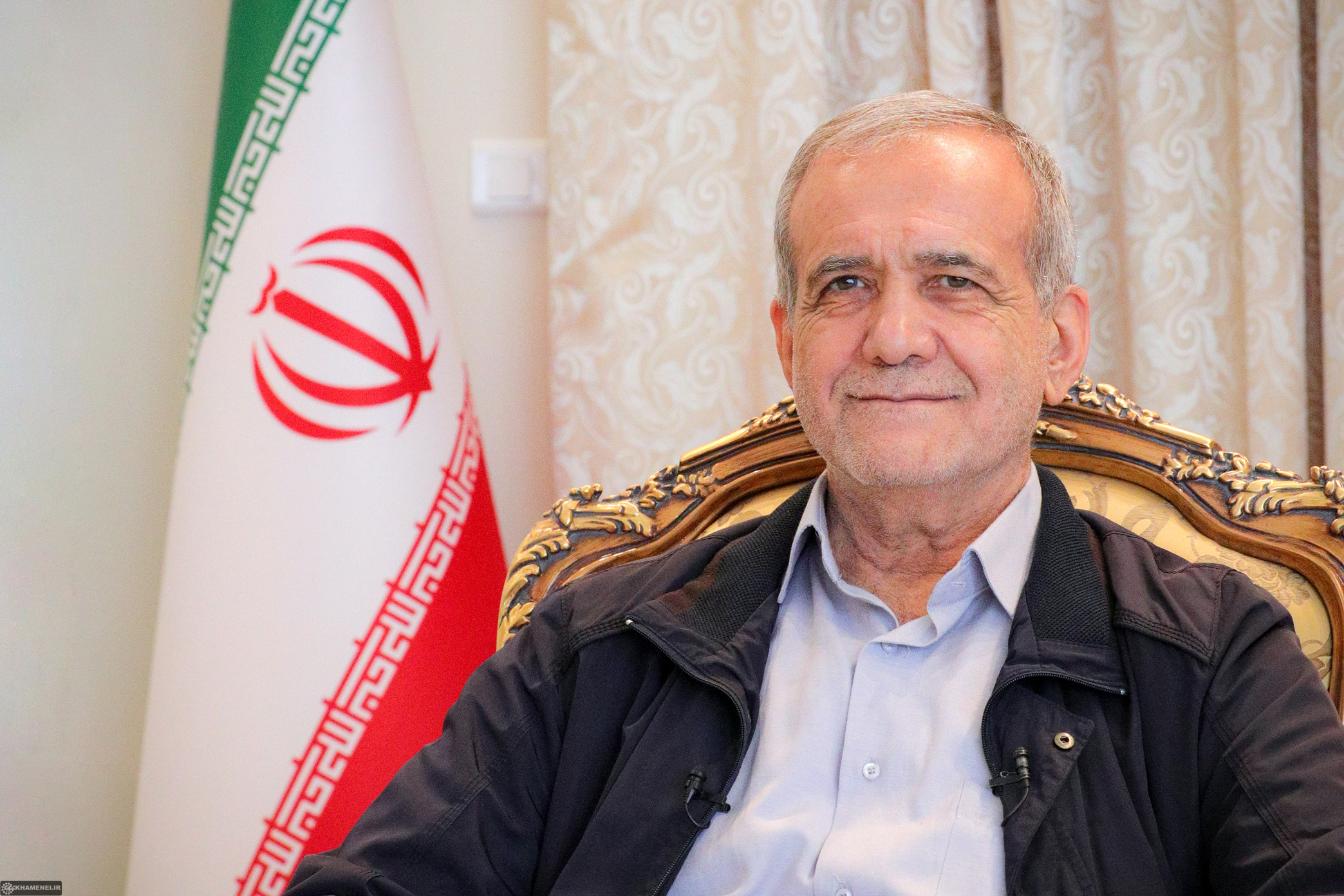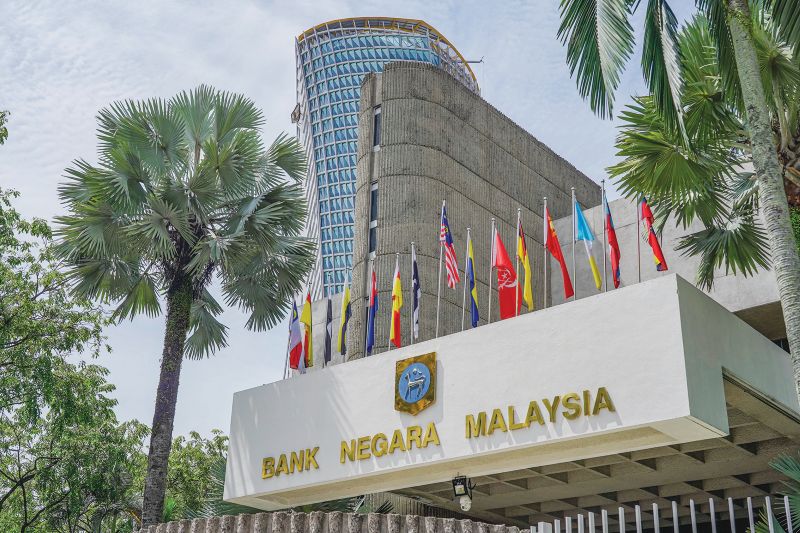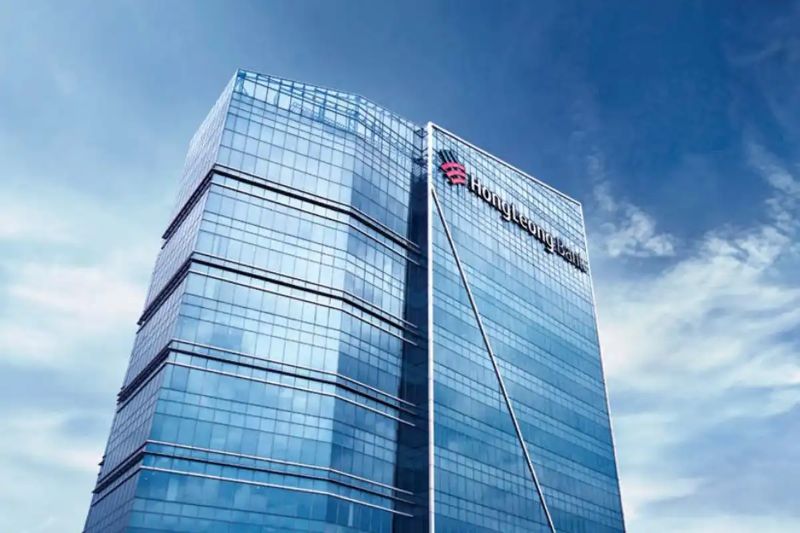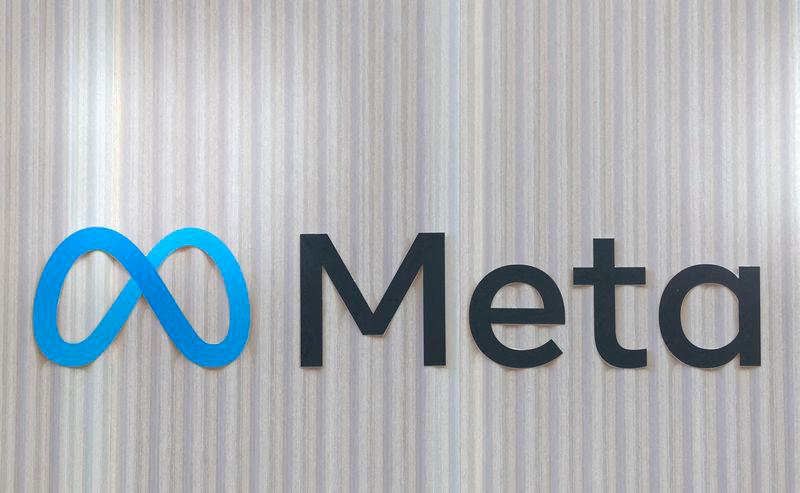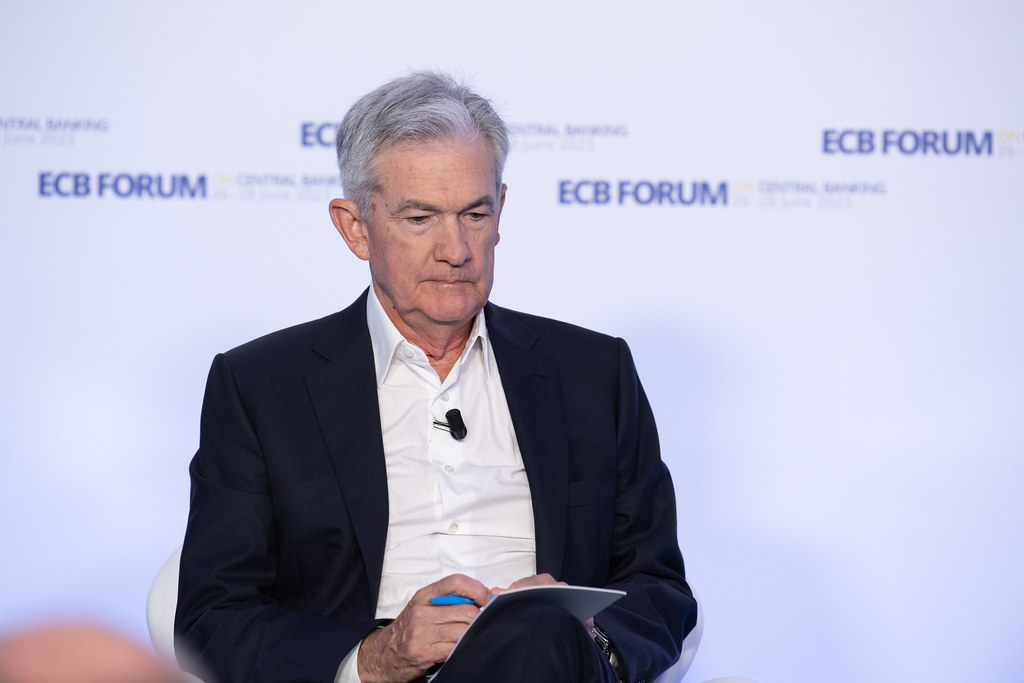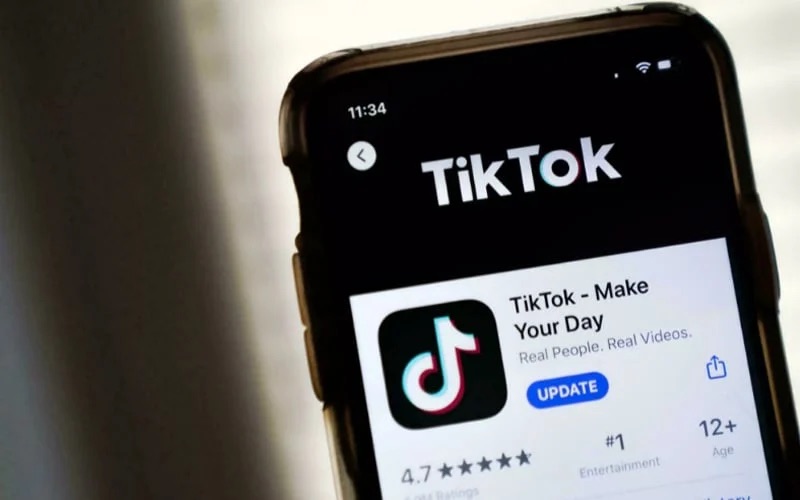A Bitcoin mining company is suing an Arkansas County judge and prosecutor, alleging selective enforcement of noise regulations aimed specifically at crypto firms. NewRays, a crypto mining company, filed a complaint with the district court of Arkansas on September 26, asserting that Judge Allen Dodson, prosecuting attorney Phil Murphy, and others are engaging in discriminatory practices against its operations.
NewRays acquired a property in Faulkner County, Arkansas, in October 2022, intending to operate a data center for cryptocurrency mining. At that time, there were no zoning restrictions relevant to its business. However, following complaints from nearby residents regarding noise, local authorities enacted new laws imposing decibel limits and criminal penalties for violations.
The company contends that this ordinance, described as a local law or decree, infringes upon the Arkansas Data Centers Act, which was enacted in April 2023. This legislation is designed to protect large computing and data mining operations from discriminatory regulations that could hinder their operations.
Allegations of Selective Enforcement
According to the complaint, NewRays argues that Judge Dodson and Murphy coordinated to enforce the newly established ordinance with the intent of benefiting a civil lawsuit filed by local residents. This coordination allegedly indicates an attempt to selectively target the company, positioning it as an example while allowing other businesses generating similar noise levels to operate without the same scrutiny.
NewRays’s legal challenges intensified when it sought to move the civil lawsuit to federal court. However, the county district court asserted its jurisdiction over the matter, complicating NewRays’s legal strategy.
Justin Daniels, a partner at the law firm Baker Donelson, spoke to Law.com about the situation, noting that targeting crypto companies is becoming increasingly common due to Bitcoin’s controversial reputation. He stated:
“The reason for that is that the general consensus is that AI has a lot of value and a lot of people think that Bitcoin doesn’t have value.”
Daniels highlighted the disparity in public perception between cryptocurrency mining and data training centers for artificial intelligence, which face similar scrutiny over energy consumption yet do not encounter the same level of criticism.
The Intent Behind the Ordinance
The complaint reveals that discussions around a “crypto mine ordinance” began as early as June 2023. NewRays asserts that this ordinance was intentionally crafted to discriminate against data centers and crypto mining operations specifically.
One of the critical points in the complaint is that “Ordinance 23-20” was designed to target NewRays while ignoring other businesses that produce similar noise levels. This selective application of the law raises questions about fairness and the motivations behind the regulatory framework being implemented.
Request for Injunctive Relief
In light of these allegations, NewRays has requested the court to issue both preliminary and permanent injunctive relief. This legal measure would restrain all defendants from enforcing the ordinance against the company, effectively challenging the legitimacy of the regulations imposed upon it.
NewRays argues that the enforcement of the noise ordinance not only jeopardizes its business operations but also sets a concerning precedent for how local regulations can be applied selectively to target specific industries.
This case highlights the broader tensions surrounding the regulation of cryptocurrency mining in the United States. As crypto firms continue to expand their operations, local governments are grappling with the impacts of noise and energy consumption associated with mining activities.
The concerns surrounding Bitcoin mining often stem from its significant energy use, leading to increased scrutiny from both regulators and the public. NewRays’s situation exemplifies how these regulatory challenges can create an uneven playing field, potentially stifling innovation and economic growth in the crypto sector.
As the legal proceedings unfold, the outcome of this case could have far-reaching implications for the cryptocurrency industry, particularly regarding how local regulations are applied to crypto firms. If the court sides with NewRays, it may set a precedent that could impact how noise regulations and other local laws are enacted and enforced against similar businesses in the future.
NewRays’s request for an injunction against the enforcement of the noise ordinance underscores the ongoing debate over how best to balance regulatory concerns with the need for technological advancement in the rapidly evolving crypto landscape.
| Aspect | Details |
|---|---|
| Plaintiff | NewRays, a Bitcoin mining company |
| Defendants | Judge Allen Dodson, Prosecuting Attorney Phil Murphy |
| Complaint Filed | September 26, 2024 |
| Property Acquisition | October 2022 |
| Ordinance Enacted | Noise regulation following resident complaints |
| Key Allegations | Selective enforcement of noise laws targeting NewRays |
| Legal Representation | Justin Daniels, Baker Donelson |
| Relief Sought | Preliminary and permanent injunctive relief |
As the case progresses, it will be crucial for stakeholders in the crypto industry to monitor developments closely, as the outcome may significantly influence regulatory approaches toward cryptocurrency operations across the country.



